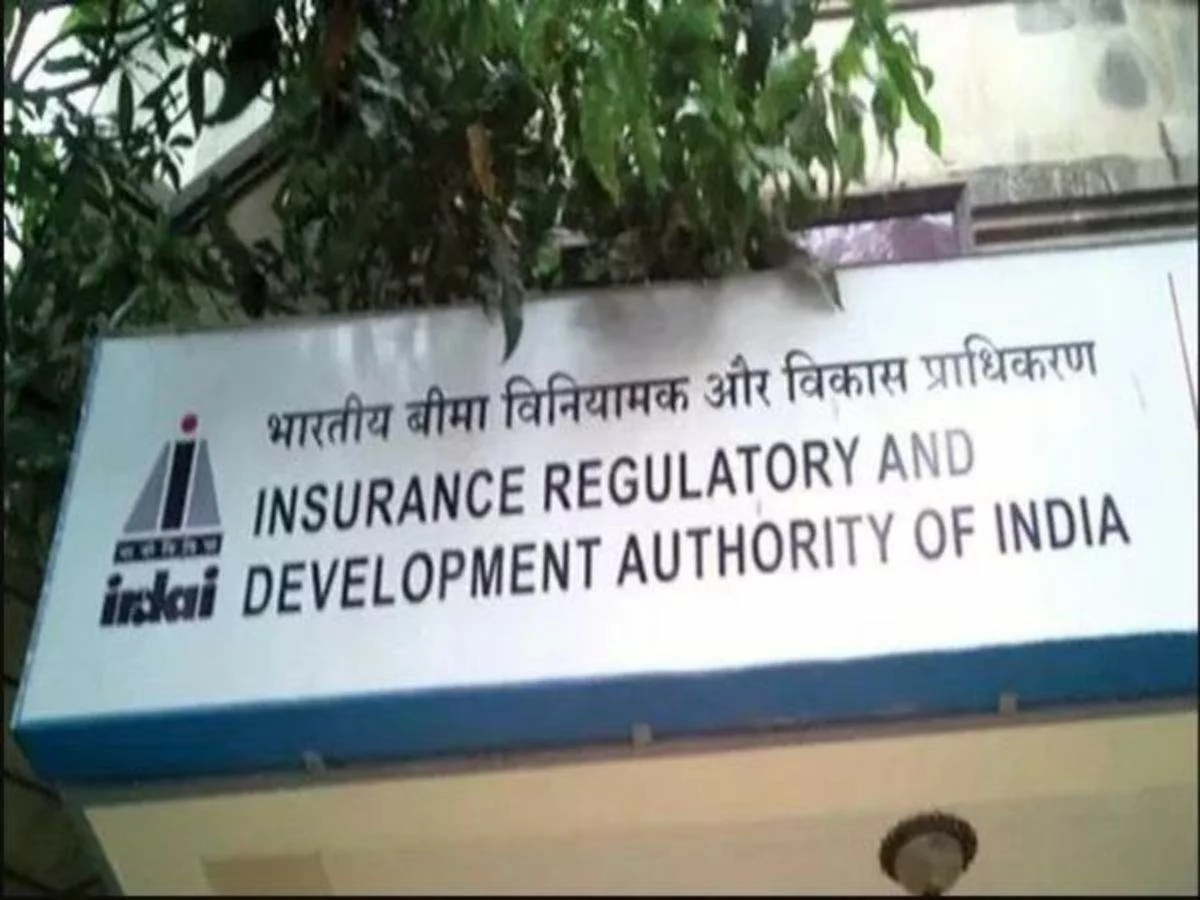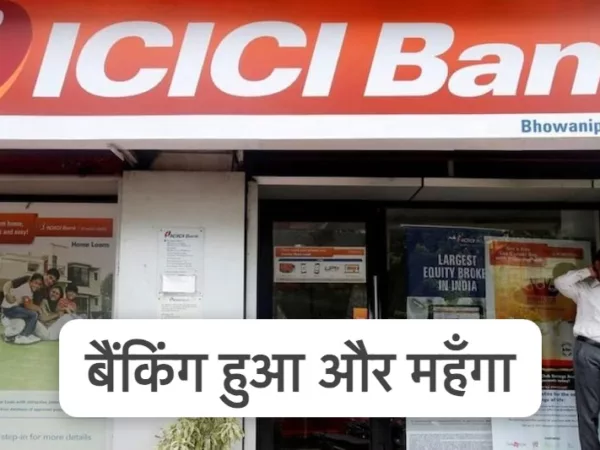Delhi and its neighboring cities within the National Capital Region (NCR) have been grappling with severe air pollution for years. To combat this, authorities have imposed restrictions on old vehicles, particularly those exceeding 15 years for petrol and 10 years for diesel vehicles.
This ban has caused significant disruption for vehicle owners in the region, leading many to sell their old cars to nearby states where such regulations are not in place.
Why the Restrictions?
- Environmental Impact: Old vehicles are significant polluters, emitting higher levels of harmful gases than newer models that adhere to stricter emission standards.
- Legal Mandate: The restrictions on old vehicles in NCR are in accordance with the directives of the National Green Tribunal (NGT) to improve air quality in the region.
- Promoting Cleaner Vehicles: This ban aims to encourage people to transition to newer, less-polluting vehicles, including electric or hybrid options.
The Dilemma for Vehicle Owners
Vehicle owners of aging cars in the NCR face several challenges:
- Limited Options: They are forced to either sell their old vehicles at a depreciated value or scrap them altogether.
- Financial Burden: Purchasing a new vehicle to comply with the regulations can be a significant financial strain for many.
- Reduced Resale Value: The resale value of old vehicles in the NCR has plummeted due to the restrictions.
The Rise of Inter-State Sales
To circumvent these challenges, a growing number of vehicle owners from the NCR are resorting to selling their old cars to buyers in neighboring states with less stringent regulations. This trend poses a few concerns:
- Pollution Shifts: While it reduces pollution within the NCR, this merely shifts the problem to other areas, negating the broader goal of air quality improvement.
- Undermining Regulations: Inter-state sales of old vehicles potentially undermine the purpose of the NGT’s directive for cleaner air.
- Safety Hazards: Older vehicles may have safety issues, posing risks if not properly maintained.
Possible Solutions and Considerations
- Incentivizing Scrappage: Offering financial incentives for scrapping old vehicles in a responsible manner could encourage owners to opt for a more sustainable solution.
- Promoting Public Transport: Investing heavily in reliable and efficient public transport systems would reduce the dependence on personal vehicles and the number of old cars on the road.
- Gradual Phase-Out: Implementing a phased approach to the ban on old vehicles could give owners more time to adjust and make alternative arrangements.
- Nationwide Regulations: To truly address the issue, a uniform policy on old vehicles across the country could prevent pollution from simply shifting to other areas.
The Way Forward
The restrictions on old vehicles in the NCR highlight the complex challenges in balancing environmental protection with the economic realities of vehicle owners. While immediate solutions are not easy, a combination of incentivizing sustainable practices, expanding public transportation, and potentially implementing broader regulations could lead to lasting changes in the fight against vehicular pollution.






